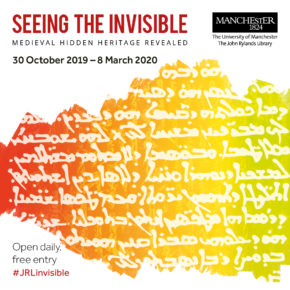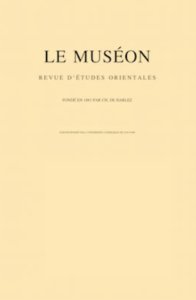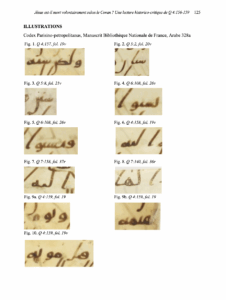 My latest article has been published in the new issue of BABELAO – Electronic Journal for Ancient and Oriental Studies. It is now available through UCLouvain’s open-access journal platform:
My latest article has been published in the new issue of BABELAO – Electronic Journal for Ancient and Oriental Studies. It is now available through UCLouvain’s open-access journal platform:
In this publication, I discuss new findings related to the Quranic passage on the crucifixion by using a method combining paleography, philology, intertextuality and corpus linguistics (quantitative analysis). As a result, I provide alternative readings that support a new hypothesis about the voluntary death of Jesus in the Quran.
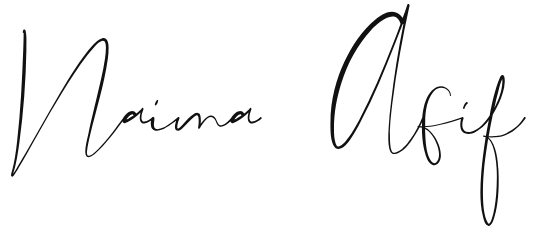
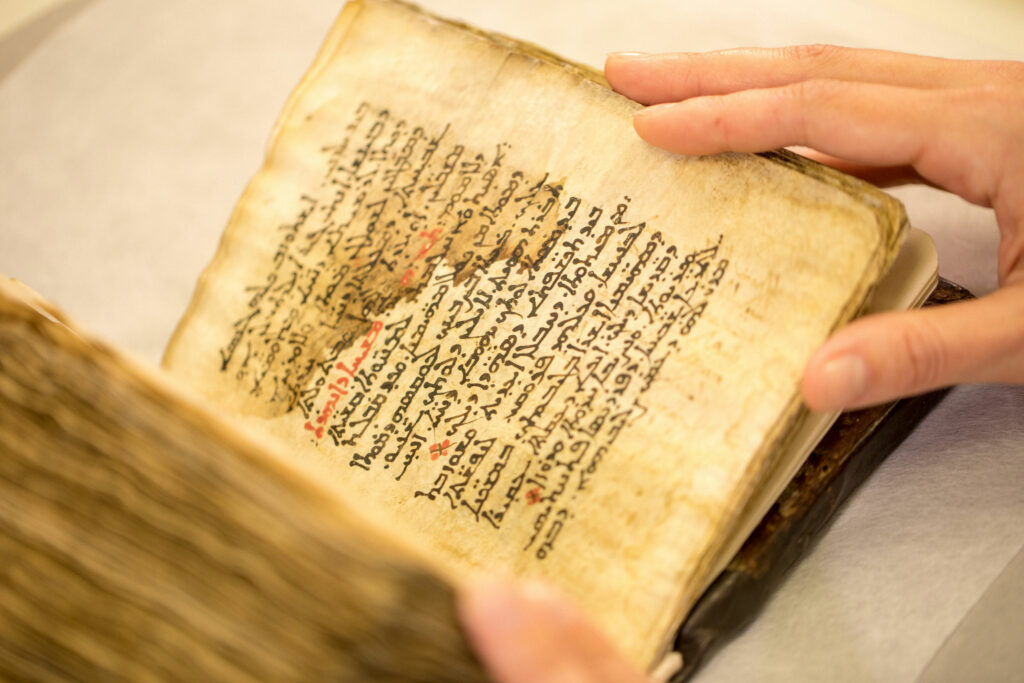
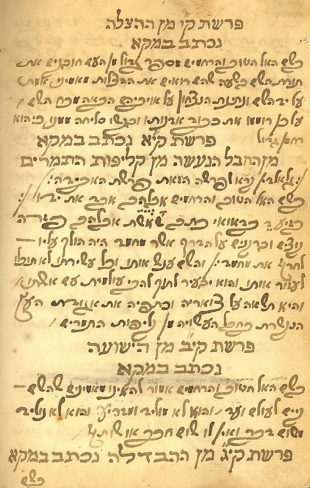
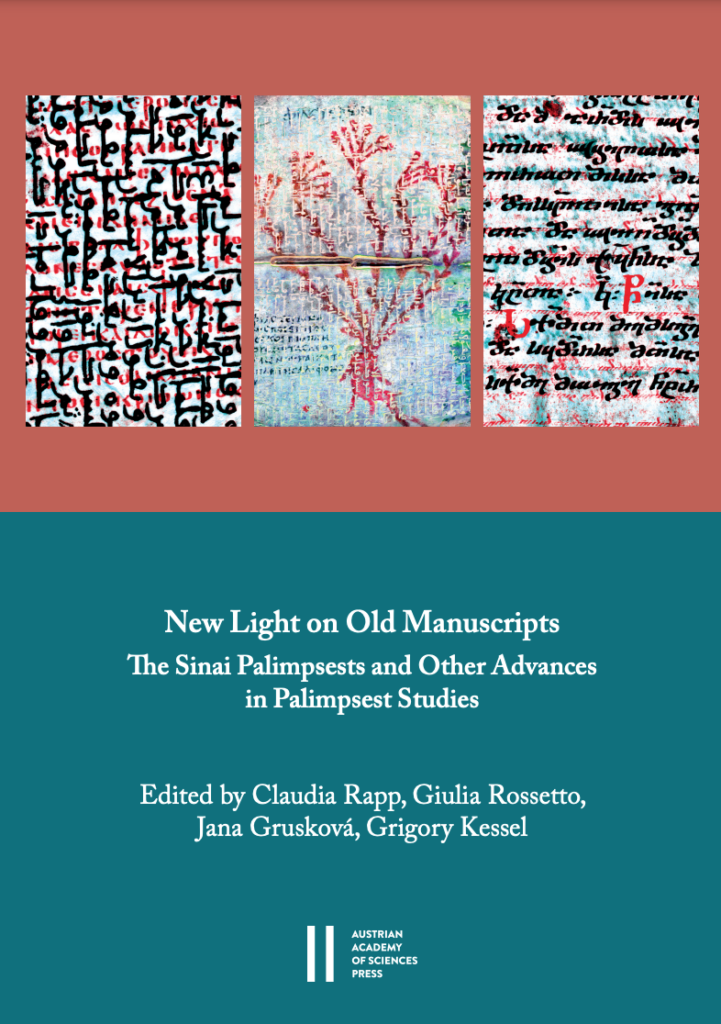
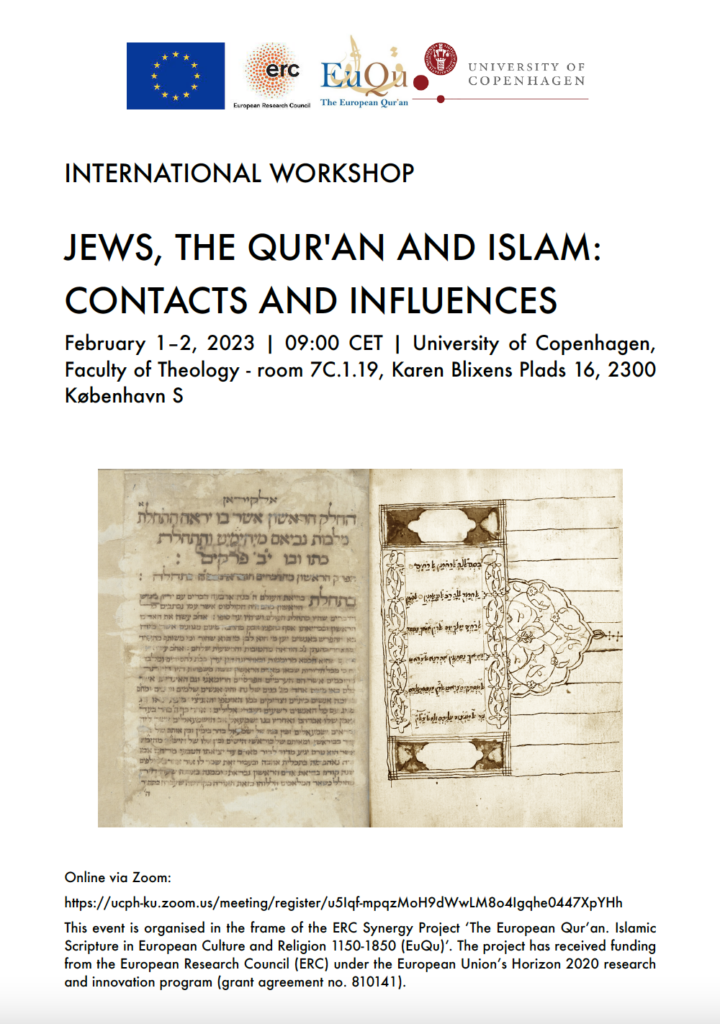 I am delighted to announce the forthcoming international workshop, ‘Jews, the Qur’an and Islam: Contacts and Influences’ which will take place on 1-2 February 2023 in Copenhagen under the auspices of the EuQu project.
I am delighted to announce the forthcoming international workshop, ‘Jews, the Qur’an and Islam: Contacts and Influences’ which will take place on 1-2 February 2023 in Copenhagen under the auspices of the EuQu project.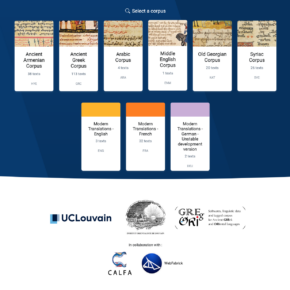 As part of my collaboration with the
As part of my collaboration with the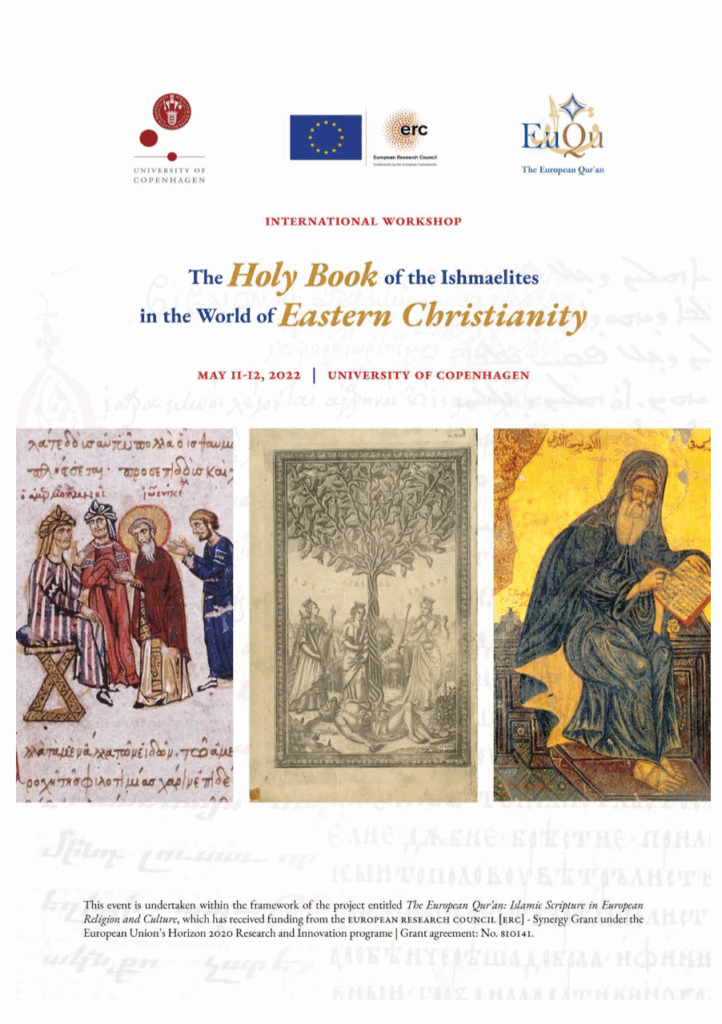
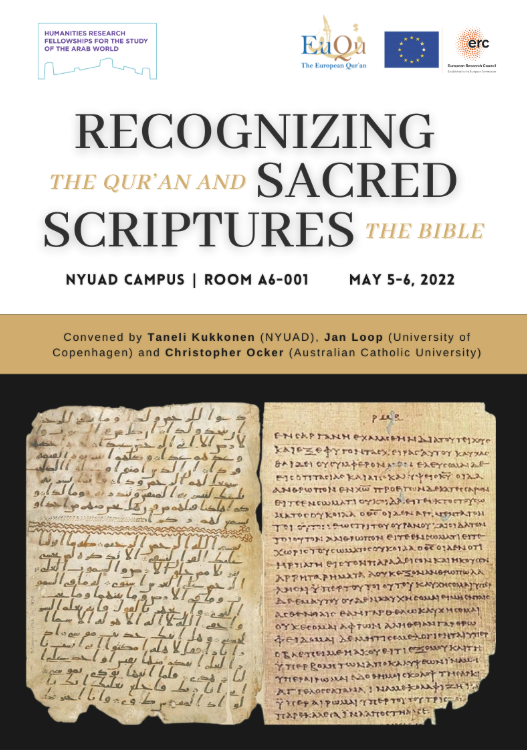
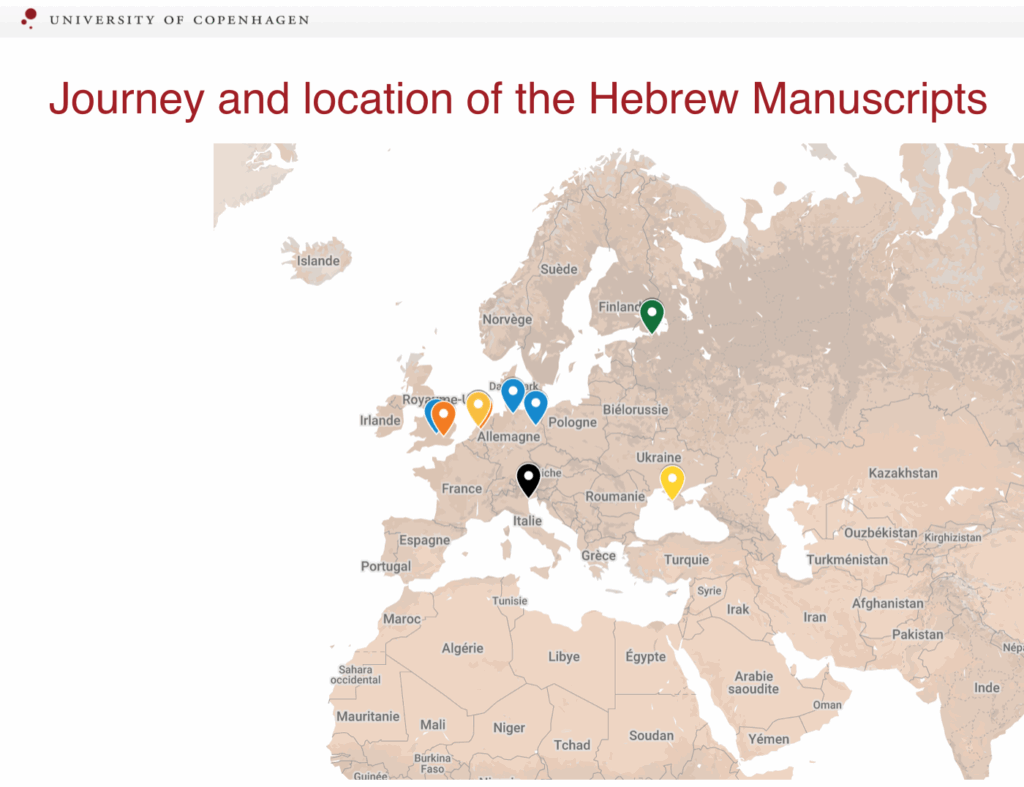
 The Congress ‘
The Congress ‘ I am very happy to present you the result of my online collaboration with the John Rylands Library in 2020. I have compiled TEI XML descriptions of Syriac manuscripts from the John Rylands Research Institute and Library’s collection.
I am very happy to present you the result of my online collaboration with the John Rylands Library in 2020. I have compiled TEI XML descriptions of Syriac manuscripts from the John Rylands Research Institute and Library’s collection.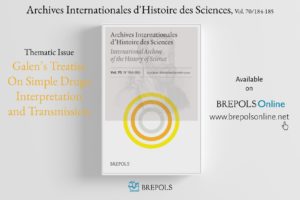 New publication: Naima Afif, Peter E. Pormann, William I. Sellers, Natalia Smelova, Siam Bhayro, « The Syriac Text of Book Nine of On Simple Drugs. New Evidence from the Syriac Galen Palimpsest » in Archives Internationales d’Histoire des Sciences (Galen’s Treatise On Simple Drugs: Interpretation and Transmission), 70/184-185, 2020, pp. 130-149. Access through the
New publication: Naima Afif, Peter E. Pormann, William I. Sellers, Natalia Smelova, Siam Bhayro, « The Syriac Text of Book Nine of On Simple Drugs. New Evidence from the Syriac Galen Palimpsest » in Archives Internationales d’Histoire des Sciences (Galen’s Treatise On Simple Drugs: Interpretation and Transmission), 70/184-185, 2020, pp. 130-149. Access through the 